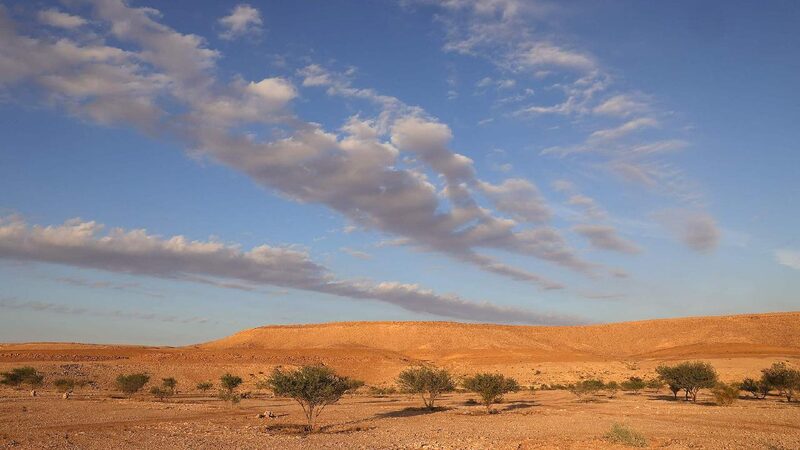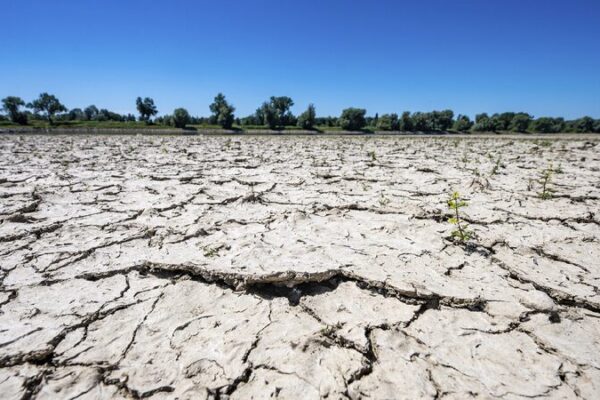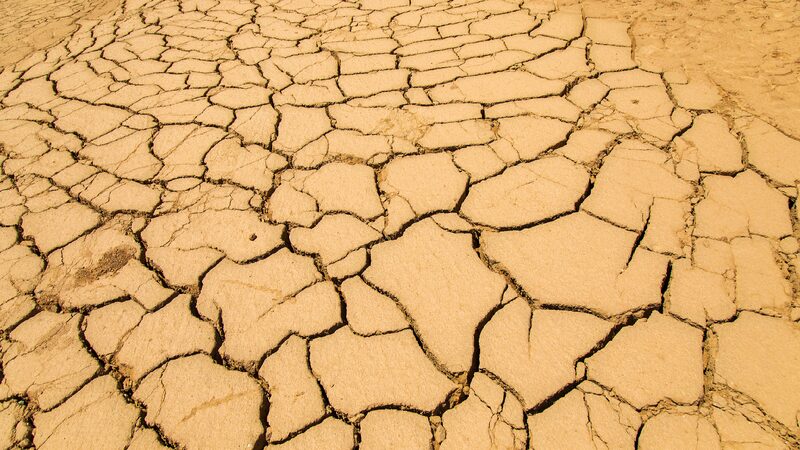The 16th Session of the Conference of the Parties (COP16) to the United Nations Convention to Combat Desertification (UNCCD) has opened in Riyadh, Saudi Arabia. With the theme “Our Land. Our Future.”, the event runs from December 2 to 13, aiming to accelerate global efforts in land restoration and drought resilience.
Nearly 200 parties, along with experts and civil society groups, have convened to call for urgent actions to combat desertification. This COP16 marks the 30th anniversary of the UNCCD and is the largest in the treaty’s history. Notably, it’s the first to be held in the Middle East and North Africa region.
Delegates are expected to decide on collective actions to enhance resilience to droughts and sandstorms, restore soil health, and scale up sustainable food production by 2030 and beyond. For the first time, COP16 introduces a dual approach with a Negotiation Track and an Action Agenda, both aimed at achieving bold outcomes and facilitating the implementation of COP decisions.
Desertification, defined by the UNCCD as land degradation in arid, semi-arid, and dry subhumid areas, poses a significant threat to global food security. Currently, up to 40% of global land is degraded, directly affecting 3.2 billion people. Every second, an area equivalent to four football fields of healthy land is lost.
Regions like the Sahel in Africa and the Aral Sea area in Uzbekistan have been severely impacted. Overgrazing and deforestation have turned productive land into desert, leading to plummeting agricultural productivity and chronic famines.
International cooperation is seen as crucial in combating desertification. Initiatives like the Great Green Wall in Africa, supported by Chinese techniques and expertise, aim to restore degraded land. China, which hosted COP13 in 2017, has been active in desertification control and is expected to contribute to discussions on international policies during COP16.
In 2015, UNCCD parties were invited to set voluntary targets to achieve land degradation neutrality by 2030. To date, 131 countries have committed to setting these targets, with over 100 countries already establishing them.
As droughts become more frequent and intense—rising by 29% since 2000—the UNCCD warns that by 2050, three-quarters of the world’s population could be affected by drought.
The high-level segment at COP16 includes ministerial dialogues on drought resilience, finance, and migration, emphasizing the urgency of the situation and the need for immediate action.
Reference(s):
cgtn.com








